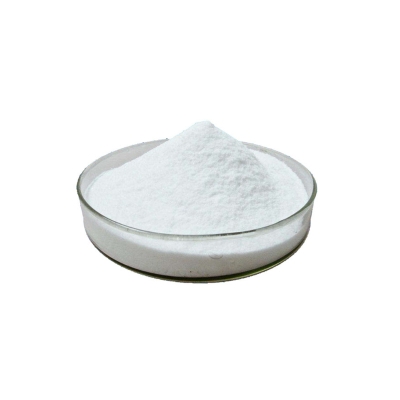-
Categories
-
Pharmaceutical Intermediates
-
Active Pharmaceutical Ingredients
-
Food Additives
- Industrial Coatings
- Agrochemicals
- Dyes and Pigments
- Surfactant
- Flavors and Fragrances
- Chemical Reagents
- Catalyst and Auxiliary
- Natural Products
- Inorganic Chemistry
-
Organic Chemistry
-
Biochemical Engineering
- Analytical Chemistry
-
Cosmetic Ingredient
- Water Treatment Chemical
-
Pharmaceutical Intermediates
Promotion
ECHEMI Mall
Wholesale
Weekly Price
Exhibition
News
-
Trade Service
Yimaitong compiles and arranges, please do not reprint
without permission.
Introduction: Thyrotropin receptor antibody (TRAb) positivity is a risk factor predicting recurrence of Graves' disease (GD), but its cut-off has not been established
.
A TRAb value of >1.
1 IU/L was associated with a higher risk of recurrence in one study, published at the 2022 American Thyroid Association Annual Meeting (2022 ATA
).
Determine the cut-off value of TRAb to assess the risk of recurrence
GD is the main cause
of hyperthyroidism.
Although studies have shown that TRAb positivity after treatment with GD with antithyroid drugs is associated with a higher risk of recurrence, there is no established cut-off for
this parameter.
We aimed to assess the values of TRAb, thyroid-stimulating hormone (TSH), and free T4 (fT4) and duration of
treatment associated with an increased risk of disease recurrence.
The study evaluated the treatment of 36 patients diagnosed with GD, including those with hyperthyroidism and TRAb values > 1.
75 IU/L
.
Patients who had previously been treated for GD, pregnant women, and patients younger than 20 years of age were excluded
.
The variables assessed were sex, age, TRAb, TSH, and fT4 values at diagnosis, and duration
of antithyroid therapy.
After 1-2 years of treatment, all variables were associated with GD remission (normal TSH and fT4 and TRAb<1.
75 IU/L), using a cut-off of 10 IU/L to define a high or low
TRAb value.
Fisher and Chi-square tests are used for statistical analysis with a P<0.
05 of statistical significance
.
Patients with TRAb>1.
1 IU/L are at high risk of recurrence
Patients were predominantly female (80%), with 42% over 40 years of age; 50% of patients received treatment for 1 year, and the other 50% received 2 years
.
1.
72% of patients had remission within 2 years of treatment, of which 77% were women (P=0.
645) and 70% were 30-50 years old (P=0.
458).
2.
In the remission group, 62% of patients received 2 years of treatment (P=0.
026), of which 65% of patients TRAb<10UI/L (P=0.
025).
3.
At the end of treatment, patients (29%) with TRAb values > 1.
15UI/L had recurrence (P=0.
005), and most of the TSH and fT4 values at diagnosis were lower than 0.
005mIU/L and higher than 7.
7ng/dL, respectively, and the proportion of maintaining these patterns in the remission group was 65% (P=0.
223) and 81% (P=0.
100),
respectively.
Summary of this article
In the patients studied, although most of the indicators were within the normal reference range, TRAb>1.
1 IU/L was statistically significant
in determining the risk of recurrence.
This suggests that TRAb>1.
1 IU/L may be used to differentiate patients at higher risk of recurrence, even in antibody-negative patients
.
REFERENCE: LONG‐TERM MORTALITY AND CARDIOMETABOLIC EFFE
THYROIDVolume 32, Supplement 1,2022.
https://doi.
org/10.
1089/thy.
2022.
29140.
lb.
abstracts







